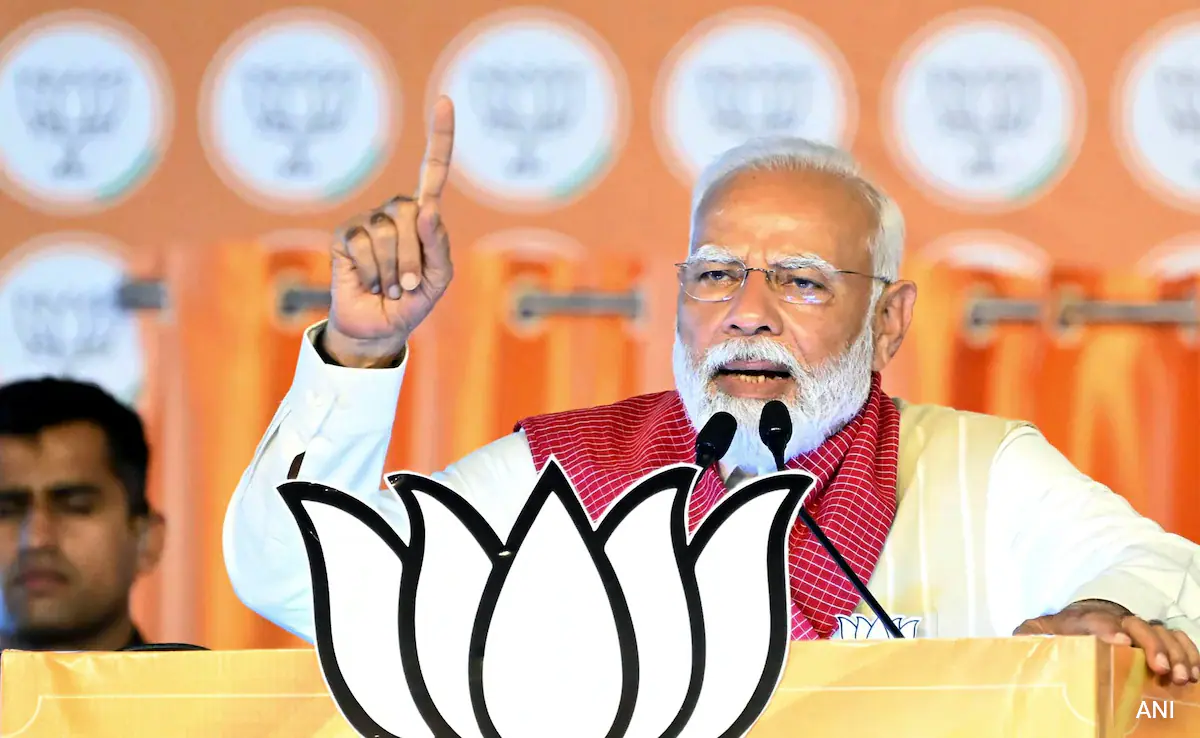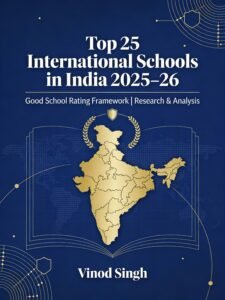Jharkhand High Court Verdict: Special Marriage Act Ruling Overrides All Personal Laws in Interfaith Marriages
Jharkhand High Court Special Marriage Act Ruling: A Milestone for Equality, Interfaith Rights, and Constitutional Justice
In a judgment that may reshape India’s understanding of interfaith marriages and civil rights, the Jharkhand High Court has delivered a powerful Special Marriage Act Ruling affirming the supremacy of the Special Marriage Act (SMA), 1954, over all personal laws—including **Muslim personal law—**when two adults choose to marry under this secular statute.
The ruling came in a case involving a Muslim man and a Hindu woman, married under the SMA, where the husband later attempted to invoke Muslim personal law to justify contracting another marriage without dissolving the first. The Court rejected this outright, ruling that once a person marries under the Special Marriage Act, they are fully governed by the SMA and cannot fall back on religious personal law to bypass monogamy or other statutory obligations.
A Firm Judicial Stand: “Personal Law Cannot Override a Civil Contract”
In India, it may be borne in mind that conjugal rights, i.e., right of the husband or the wife to the society of the other spouse is not merely creature of the statute, such a right is inherent in the very institution of marriage itself. Thus, the restitution of conjugal rights is often regarded as a matrimonial remedy. The remedy of restitution of conjugal rights is a positive remedy that requires both parties to live together and cohabit.”
In simple terms, religious privileges—such as the Muslim man’s legal option to have up to four wives—stand cancelled the moment he chooses the SMA route. This reinforces monogamy, conjugal rights, and legal protection for the spouse, regardless of religious identity.
This interpretation is not entirely new—similar views have been echoed by courts in Kerala, Delhi, and Bombay. But the Jharkhand High Court’s clarity makes this one of the most significant contemporary rulings on interfaith marriage rights.
Why Special Marriage Act Ruling Matters: A Turning Point in Interfaith Marriage Jurisprudence
1. Protecting Hindu Women in Interfaith Marriages
The case highlights a growing concern among families and legal scholars: interfaith marriages involving Hindu women and Muslim men, particularly in cases where men invoke Muslim law later to justify behaviours—like polygamy—that are not permissible under SMA.
The Court’s Special Marriage Act Ruling ensures:
- Women retain full matrimonial rights, including conjugal rights and the right to legal remedy.
- Men cannot use personal law as an escape route to contract second marriages.
- SMA becomes a strong safety shield against exploitative misuse of religious privileges.
2. Addressing the Social Debate: Love Jihad, Autonomy & Social Fear

For years, the political and social discourse around interfaith marriages—especially Hindu-Muslim unions—has been heavily influenced by the controversial practice “love jihad.” While several court investigations across states have found no organised conspiracy, the perception persists, fuelled by:
- Cases involving fraud or concealment of identity
- Instances of coercion or undue influence
- The structural inequality in personal laws
In this climate, the Special Marriage Act emerges as the constitutionally guaranteed pathway that ensures:
- Transparency (30-day notice)
- Legal protections against polygamy
- Equal inheritance rights
- Civil remedies in case of abuse
- Independence from religious clergy
The Jharkhand High Court judgment strengthens this statutory shield by underlining that interfaith marriages must be governed by equal civil rights—not by unequal religious privileges.
3. Ending Legal Inequality Rooted in Personal Laws
For decades, Indian law has grappled with an uncomfortable reality:
Some religious personal laws continue to privilege certain communities—particularly Muslim men—by legally allowing practices such as:
- Polygamy (up to four wives)
- Unilateral divorce (historically via talaq modes)
- Unequal inheritance laws
Whereas Hindu, Christian, Parsi, and civil marriage laws enforce strict monogamy, this asymmetry has long created a dual structure of marital rights.
The Jharkhand High Court’s Special Marriage Act Ruling moves the nation one step closer to the constitutional ideals of:
- Equality before the law
- Gender justice
- Uniformity in civil rights
Legal experts are calling it a “quiet step toward the spirit of a Uniform Civil Code, without formally implementing one.”
Constitutional Dimensions: SMA as the Guardian of Fundamental Rights
The judgment is significantly rooted in constitutional jurisprudence.
Under Articles 14, 15, 19, and 21:
- Two consenting adults have a fundamental right to marry.
- The State must ensure equality, liberty, and dignity regardless of religious identity.
- Discriminatory personal laws cannot curtail rights.
The Court reaffirmed that SMA is not merely a statute—it’s a constitutional instrument that operationalises these fundamental freedoms.
As legal scholar notes:
“The Special Marriage Act is perhaps the most important secular legislation in India. This judgment strengthens its constitutional foundation and protects women in interfaith unions from gendered exploitation through personal laws.”
Why Special Marriage Act Ruling Is a Milestone
✔ Strengthens women’s rights in interfaith marriages
✔ Closes loopholes used to justify second marriages under Muslim law
✔ Reinforces secular, constitutional governance of marriage
✔ Addresses social anxieties around exploitation in interfaith relationships
✔ Clarifies that SMA supersedes all personal laws in civil matters
✔ Reinforces monogamy and legal equality across religions
The judgment is already being hailed as one of the most progressive Special Marriage Act rulings in recent years.
Conclusion: A Win for Equality, Women’s Safety & Constitutional Values
The Jharkhand High Court’s decision goes beyond the specifics of one marriage dispute. It reasserts India’s secular promise—that all citizens are equal before the law, and no person can claim religious privilege to escape obligations of a civil marriage.
At a time when interfaith unions are both celebrated and contested, this judgment stands as a critical reminder:
The Special Marriage Act is the legal, constitutional, and moral anchor of interfaith marriage in India.
And no personal law—however ancient—can override the rights it grants.
It is a landmark Special Marriage Act Ruling that strengthens individual freedom, gender equality, and the supremacy of the Constitution, setting the tone for future legal reforms and societal clarity.
Special Marriage Act ruling, Jharkhand High Court SMA judgment, Muslim personal law vs SMA, Interfaith marriage rights India, Conjugal rights under Special Marriage Act, Love jihad debate legal context, Equality in interfaith marriages, Constitutional protection SMA, Hindu-Muslim marriage law India, Latest SMA legal updates
#SpecialMarriageAct #JharkhandHighCourt #InterfaithMarriage #MuslimPersonalLaw #SMAJudgment #RightToChoose #ConstitutionalRights #WomenSafety #LoveJihadDebate #IndiaLaw #LegalNews #GenderEquality #CivilRights
Discover more from
Subscribe to get the latest posts sent to your email.










